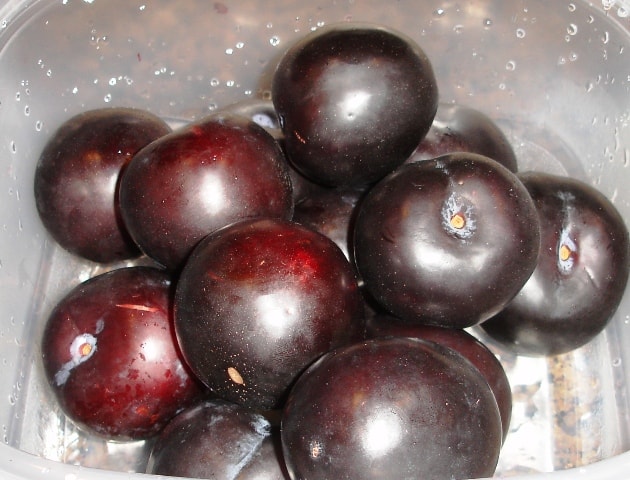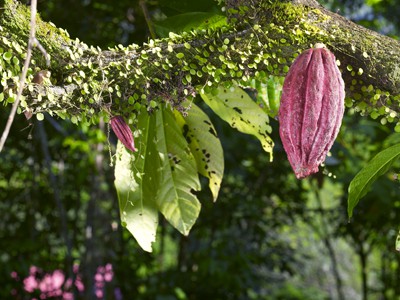Terminalia catappa is a large tropical tree in the Leadwood tree family, Combretaceae. The tree has been spread widely by humans and the native range is uncertain. It has long been naturalised in a broad belt extending from Africa to NorthernAustralia and New Guinea through Southeast Asia andMicronesia into the Indian Subcontinent. More recently the plant has been introduced to parts of the Americas. Common names include , Bengal almond, Singapore almond , Ebelebo,Malabar almond, Indian almond, Tropical almond, Sea almond, Beach Almond, Talisay tree, Umbrella tree,Abrofo Nkatie (Akan), “Castanhola” (Northeastern Brazil) andZanmande (creole).
Terminalia catappa is a species of tropical tree that grows in Asia. It is widely believed that placing the dried leaves of this tree in your aquarium (especially with Betta fish) causes the animals better health and therefore longer life.
Benefits of Terminalia catappa
Unsubstantiated claims of a reduced presence of fungus, boosted immune system and helping skin problems in fish are also reported.
The leaves do contain several flavonoids (like kamferol or quercetin), several tannins (such as punicalin, punicalagin or tercatin), saponines and phytosterols. Due to this chemical richness, the leaves (and also the bark) have long been used in different traditional medicines for various purposes.
It is also thought that the large leaves (7-10″ long) contain agents for prevention of cancers (although they have no demonstrated anticarcinogenic properties) and antioxidant as well as anticlastogenic characteristics.
In fishkeeping the leaves are also used to lower the ph and heavy metals of the water. It has been utilized in this way by Betta Breeders in Thailand for many years. Hobbyists across the world also use them for conditioning the betta’s water for breeding and harding of the scales.
Studies of rotting plant material (see bogwood) have shown that the organic material releases minerals as beneficial fungi and bacteria decompose it. This provides food for infusoria which in turn shrimps and fry enjoy eating as a natural diet.

